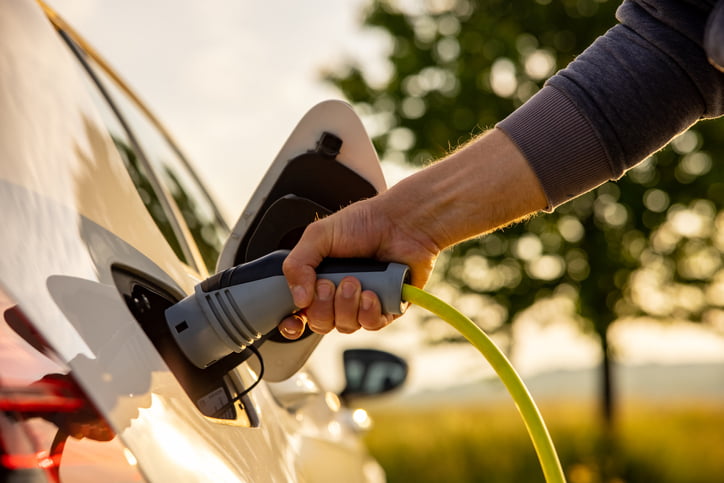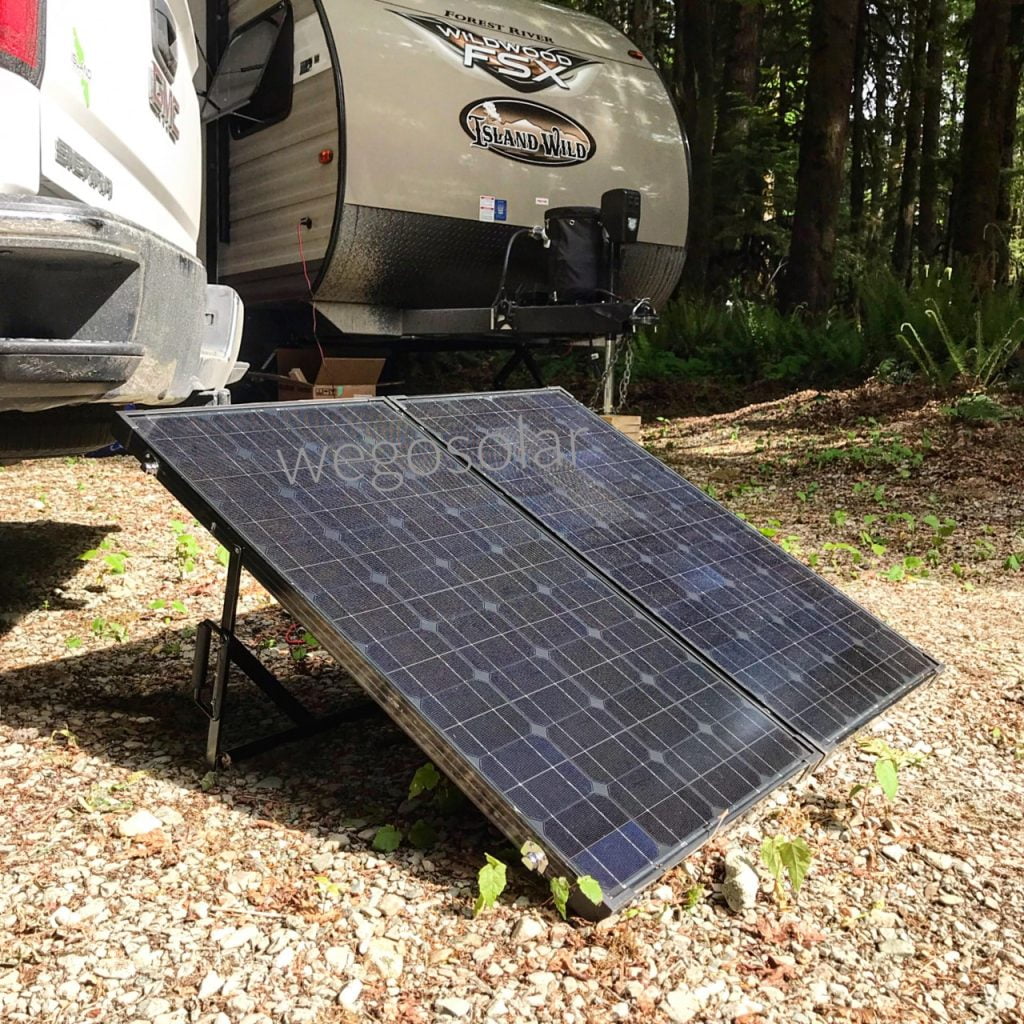As Canadians fill their vehicle tank at any gas station across the country, they watch the numbers roll on the pump display. With this gas station routine, we have a very intimate knowledge of fuel prices, their ups and downs, and what that money spent means regarding the kilometres we’ll be able to travel. Even the most non-techy person has some inkling of their vehicle’s fuel economy and, by extension, how many dollars go into their gas tank. This is not the same with electric vehicles (EVs) because it’s not as simple with the cost of electricity and the charging of the new generation of EVs.
Recently I had access to the Ford F-150 Lightning for a week of testing
This all-electric truck is ground-breaking technology, as far as propulsion and the driving experience goes. However, the gas station routine is now gone, and a new charging station routine is rising. It is nowhere as simple.
I had to charge the Lightning several times during the week. Apart from the mechanical part, I realized I had a different sense of money/kilometres travelled than I have always had with a gas-powered vehicle. Firstly, we are all acutely aware of the price of gasoline. Sure, because we buy it, but also because every gas station has a huge sign promoting its price facing the roadway. You can’t go for a drive without seeing the gas price several, if not dozens, of times during your trip, not so with electricity.
Many people may know prices based on their home hydro usage. However, as I discovered, this has no relationship to the costs at a commercial charging station. Let me illustrate:
Ontario Electricity prices: Winter (November 1 – April 30)
| Off-Peak | Weekdays 7 p.m. – 7 a.m. Weekends and holidays all day | 7.4 (¢/kWh) |
| Mid-Peak | Weekdays 11 a.m. – 5 p.m. | 10.2 (¢/kWh) |
| On-Peak | Weekdays 7 a.m. – 11 a.m. and 5 p.m. – 7 p.m. | 15.1(¢/kWh) |
Charging an EV at an Electrify Canada Charging Station

Photo credit: Electrify Canada
While at the Electrify Canada charging station I paid 42.7 cents (pre-tax) per kWh. That’s almost three times the domestic on-peak rate. Here are the details from that charging session:
01/06/2023 9:58:25 AM
Barrie South 75 Maple view Drive W
Barrie, Ontario L4N9H7
Charger ID: # 800019–04
Session: 9518670
Plan: Electrify Canada Pass
Charging pricing: $0.57/min (pre-tax)
Charging time: 00:40:22
Charging cost: $23.00
Total energy delivered: 53.81 kWh
GST/HST (13.00%): $2.99
Total paid: $25.99
Using the above information, I did the math and it worked out to 42.7 cents per kWh. I’m not sure why the bill shows the charging price per minute. As the consumer, I’m interested in my cost per kWh only, because that’s how I’m going to estimate my consumption.
Here’s a little more math.
If I had charged at home, during peak pricing, I would have paid $8.13 for the same charge I got at the Electrify Canada station (53.81 kWh x 15.1 cents). Charging on the road cost me almost three times what I would have paid in my own driveway, assuming I had the appropriate charger installed at home. This too, is not the gas station experience we are used to.
But what does this mean in terms of kilometres travelled?
After all that’s how we compute the cost of travel. A full charge on that F-150 Lightning nets approximately 300 kms of range. That means it cost me somewhere between $8.13 and $25.99 to travel that 300 km.
Looking at that same 300 kms of range, a typical gas-powered F150 has an average fuel economy of 13.5L per hundred km. This means travelling 300km will consume 40.5L of regular gas. At $1.40/L travelling this 300km distance would cost $56.70, still a lot more.
So, after all this explanation what are the relevant takeaways?
Electricity is significantly cheaper than gas when it comes to powering a vehicle. However, the problem at the moment is that the public at large does not clearly understand the relationship of kWh/km/price. This is something charging station builders could improve. On the other hand, with gas stations we have it figured out. It’s simple math – with electric vehicles, not so much. This will have to change before there is a wider acceptance of EVs.




